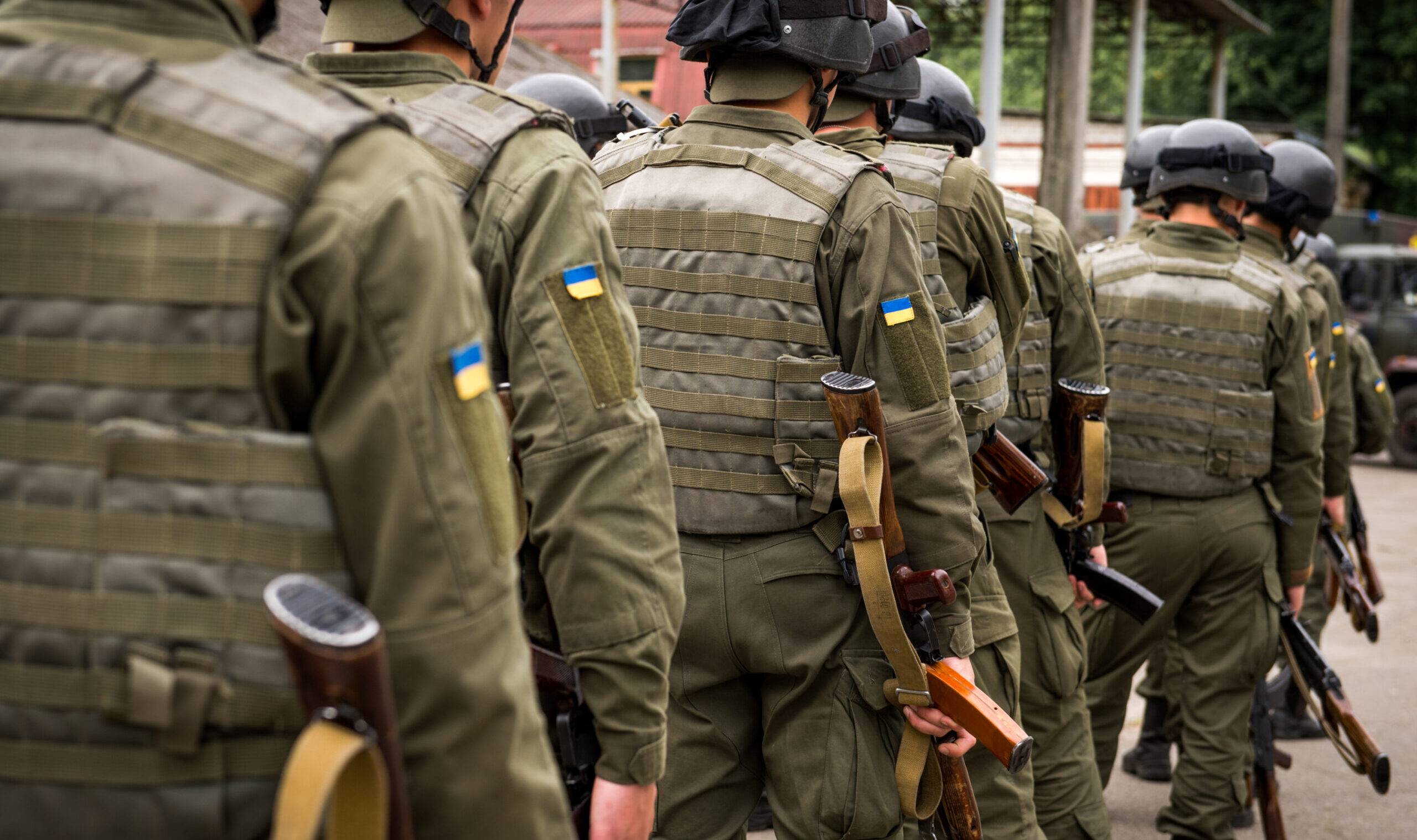The Istanbul Talks Were a Success
Contrary to the gloom emanating from European capitals, the Russia–Ukraine meeting was a promising step toward an end to the war.

Predictions to the contrary, Ukraine and Russia’s first direct talks in three years, held in Istanbul on May 16, went quite well. Most importantly, the two sides agreed to keep talking.
For the Trump administration, which has made ending the war in Ukraine a priority, this initial round of negotiations marks the exact sort of breakthrough it had hoped to create. Washington’s priority now should be to encourage continued talks between the combatants, even as fighting persists. This will require pushing back on Europe’s calls for more pressure on Putin and resisting the temptation to interfere before the two sides are ready to tackle issues that cannot be addressed without American involvement. After all, the most sustainable peace will be one agreed to by Ukraine and Russia together, not one coerced by the United States or Europe.
Despite naysayers on both sides of the Atlantic and the uncertainty up to the last minute, Russian and Ukrainian negotiators not only met, but achieved notable results. According to statements made by the heads of the Ukrainian and Russian delegations, the two teams agreed to at least three next steps: to conduct the largest single POW exchange to date (1,000 personnel on each side); to produce a written version of their vision for peace for discussion at a future session; and to hold initial discussions about a meeting between Presidents Vladimir Putin and Volodymyr Zelensky.
The positive report from the Russian and Ukrainian delegations, as well as their Turkish hosts, contrasted sharply with the negative reactions of Zelensky himself and key European leaders, including France’s President Emmanuel Macron, Germany’s Chancellor Friedrich Merz, Poland’s Prime Minister Donald Tusk, and the UK’s Prime Minister Keir Starmer. This group, assembled for a meeting in Albania, called the Russian refusal to accept an unconditional ceasefire “unacceptable,” and urged Trump, once again, to join them in imposing greater costs on Russia. Tusk even argued the Russians had “de facto broken off negotiations” and now was the “time to increase the pressure.”
The European assessment is as unsurprising as it is inconsistent with the facts on the ground. Since Trump’s election, European leaders have sought to convince him that Putin would never seek a stable settlement in Ukraine. As Trump and his team sought ways to resolve the brutal war, Europe has interfered with and even undermined U.S. efforts. Europe’s leaders have, for instance, encouraged Zelensky to set maximalist conditions for peace, adopted new sanctions packages aimed at Russia, floated plans for “reassurance forces” that would require an American backstop the Trump administration opposes, and offered unsubstantiated warnings of Russia’s plans to invade NATO territory. The European reaction to talks in Istanbul was simply more of the same—an attempt to extend the war, reconstitute Biden’s “coalition of democracies,” and pull the United States deeper into a conflict that does not advance its interests.
Subscribe Today
Get daily emails in your inbox
If Trump is serious about peace, he won’t listen. Trump should rule out new ultimatums and coercive measures targeting Russia of the kind pushed by Europe. These sticks are unlikely to work against Putin. As Russian negotiators indicated in Istanbul, Moscow is ready to keep fighting for several more years if necessary and believes that it can withstand additional Western punishment whether in the form of sanctions or whatever additional military aid might be sent to Ukraine.
Instead, Trump should encourage Ukraine and Russia to keep talking. The administration can support continued negotiations by framing today’s meeting in Istanbul as a constructive first step and signaling its support for further working level discussions. A Putin-Trump meeting—a prospect floated by President Trump himself—could help signal American support for the Ukraine–Russia negotiations and indicate that the United States sees Russia as an essential interlocutor in any effort to resolve the conflict. But a potential presidential meeting should not be billed as an all-or-nothing occasion to determine Putin’s willingness to end the war in Ukraine. There is no simple test, or single headline, that can settle this question. Continued conversation between the combatants—and away from the spotlight—will be far more revealing of each side’s motivations.
Ending the war between Russia and Ukraine will take time and require many rounds of talks. At this point, process is more important than high profile summits or dramatic dealmaking. It may take longer than he originally hoped, but with a little more patience, Trump’s goal of peace in Ukraine looks increasingly achievable.